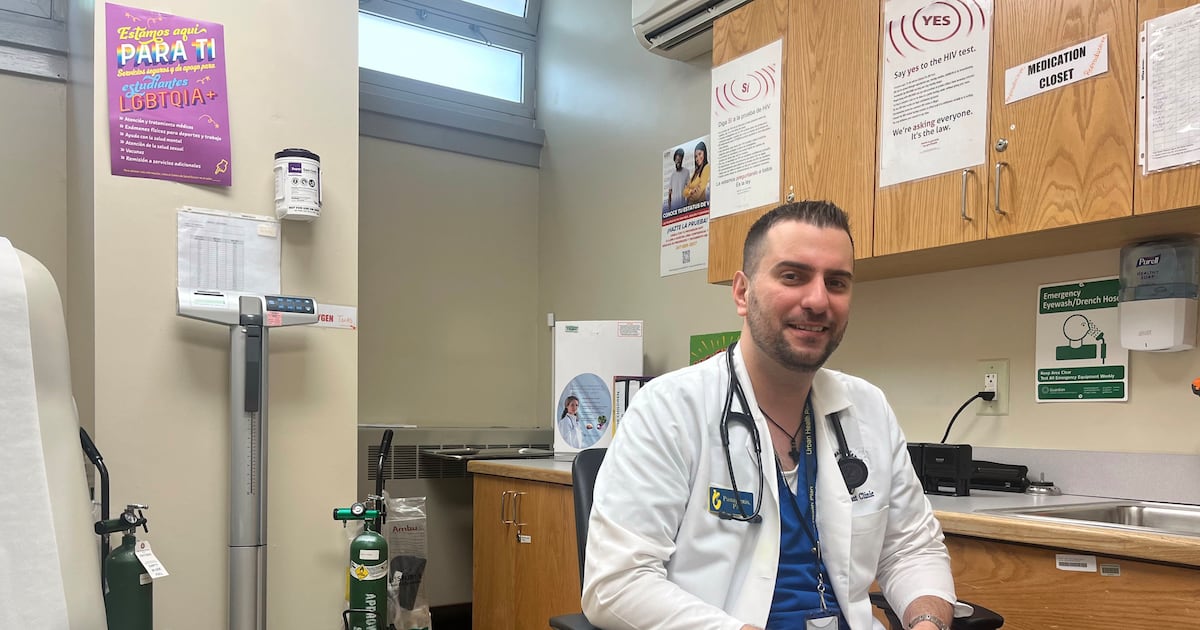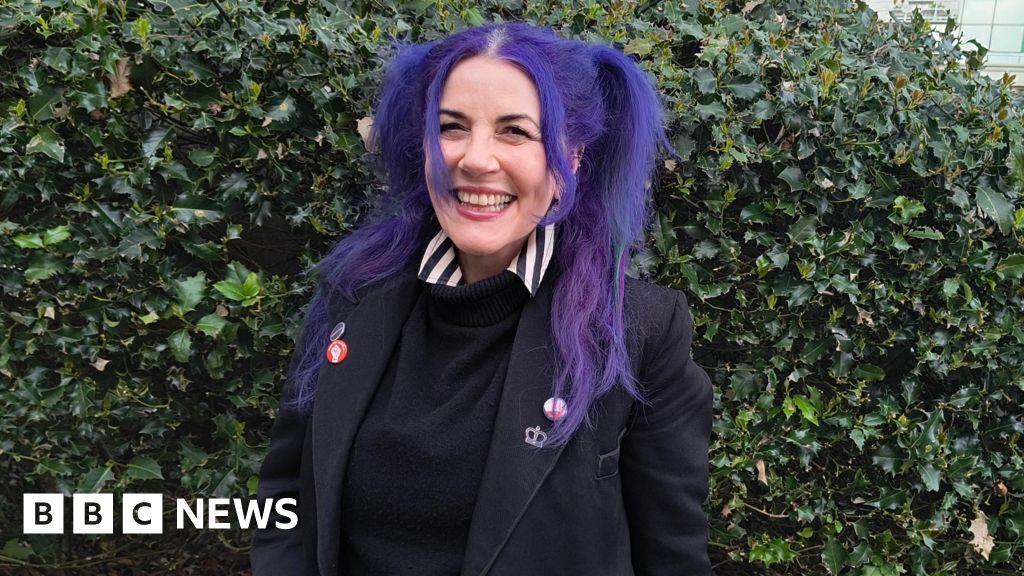Public Health Confidence Plummets: New Leadership Sparks Widespread Distrust Among Americans

A concerning trend is emerging in the United States as leadership changes within key federal health agencies are significantly impacting public trust. A newly released poll, conducted jointly by the Harvard T.H. Chan School of Public Health and the de Beaumont Foundation, reveals that a majority of Americans now anticipate a decline in their confidence in public health recommendations.
The survey, published Tuesday, paints a picture of growing skepticism and uncertainty surrounding health guidance. The shift in leadership, particularly at the Centers for Disease Control and Prevention (CDC) and the Department of Health and Human Services (HHS), seems to be fueling this erosion of trust. While some may argue that leadership transitions are inevitable, the speed and scale of the decline in public confidence are raising serious concerns about the nation’s ability to effectively respond to future health crises.
Key Findings of the Poll:
- More Loss Than Gain: A significant portion of respondents believe public trust will decrease rather than increase under the new leadership. This indicates a widespread apprehension about the direction of public health policy.
- Partisan Divide: The poll also highlighted a partisan divide in perceptions. While distrust is prevalent across the political spectrum, the degree of concern varies significantly between Democrats, Republicans, and Independents.
- Impact on Health Behaviors: Experts worry that declining trust in public health officials could lead to reduced adherence to preventative measures, such as vaccinations and mask-wearing, potentially jeopardizing public health outcomes.
Why is Trust Eroding? Several factors contribute to this unsettling trend. The COVID-19 pandemic exposed vulnerabilities and inconsistencies in public health messaging, leading to confusion and distrust. Political polarization has further exacerbated the problem, with health recommendations often becoming entangled in partisan debates. Frequent changes in leadership can also create instability and uncertainty, making it difficult for the public to feel confident in the guidance they receive.
The Consequences of Distrust: The implications of widespread distrust in public health are far-reaching. It can hinder efforts to control infectious diseases, complicate public health campaigns, and undermine overall well-being. Restoring public trust will require a concerted effort from health agencies, policymakers, and community leaders.
Moving Forward: Rebuilding Confidence: To regain public trust, health agencies need to prioritize transparency, consistency, and clear communication. Engaging with communities, addressing concerns, and building relationships with trusted messengers are also crucial. Furthermore, fostering a culture of scientific integrity and evidence-based decision-making is essential to ensure that public health recommendations are perceived as credible and reliable. The challenge is significant, but rebuilding public trust is vital for protecting the health and safety of all Americans. Failure to do so could have devastating consequences in the face of future public health emergencies.





